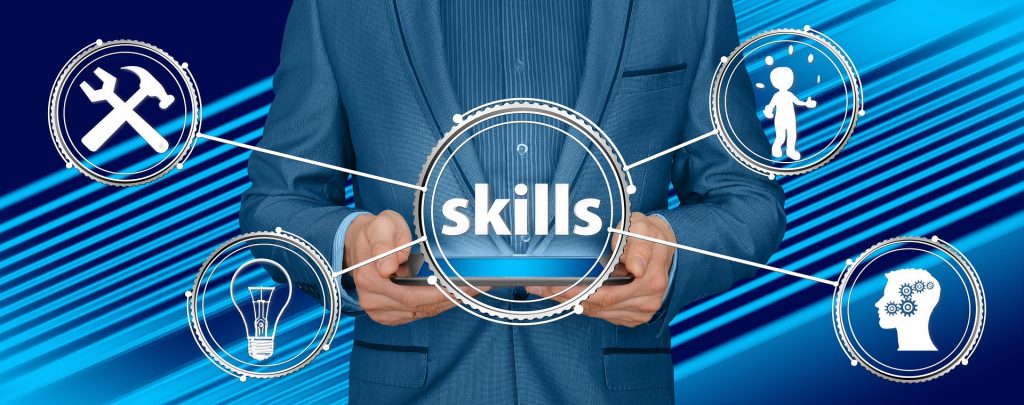
21st Century skills are skills, attitudes and competencies that help one succeed in life and stay relevant in our ever-evolving society. When we talk about such skills, there are a few which immediately come to mind.
1. Civic literacy
Civic literacy is having knowledge of governmental policies and how one can be an active participant in his/her community. Having civic literacy skills allow us to better understand how governments and their policies work and how to contribute to society.
Examples of civic literacy skills are knowing about the rights and responsibilities of citizens, the different governmental roles, the election process, etc. Although some of these skills are taught in school, it is important for us to stay informed and to help educate others who are less knowledgeable about these topics.
2. Global awareness
Global awareness is to be informed about what goes on around the world. Learning about world issues, be they cultural, environmental or social, helps us better understand them and is the first step towards change.
Being globally aware also allows us to better understand people from other backgrounds and cultures. By learning about diversity and its importance, we will be more understanding and open-minded towards those from other cultures.
Some ways to gain global awareness would be to read news articles, watch the news, read up on different cultures and interact with people from other cultures.
3. Cross-cultural skills
The world is a diverse place filled with people from different cultures who may have different ways of thinking. For example, having a stranger tell you that your child is not dressed warmly enough could be seen as nosy and rude in Singapore, but is actually normal behaviour in Russia.
We often interact and work with people of different cultures, and this is where cross-cultural skills come into play. In order to create and foster good relationships with people of other cultures, we need to learn what may be considered accommodating or rude in their cultures, and how to communicate with them. This can be done by interacting with people of different cultures or reading about different cultures. The most important thing is to be accepting of their ways of thinking and communicating.
4. Critical and inventive thinking
Critical and inventive thinking skills are great for analysing data and information and coming up with creative solutions to problems. Critical thinking is to analyse facts, information and data objectively, allowing you to make logical decisions. Inventive thinking is to look at a problem and be able to come up with multiple innovative solutions.
Several critical and inventive thinking skills include identification skills to identify problems and any potential biases, research skills to find and analyse information, inference skills to draw conclusions from the given information and creativity to come up with unique solutions.
These skills are not only useful in school or the workplace, but also in our daily lives as we make different choices and decisions. If you would like to help your child develop critical and inventive thinking skills from an early age, CPD offers assessment books that can help with this.
5. Communication, collaboration and information skills
In our increasingly interconnected world, communication, collaboration and information skills are a necessity in our everyday lives. We not only need to communicate and work with the people around us, but also those who live abroad. As such, it is important to have good communication and collaboration skills in order to prevent miscommunication or misunderstandings.
Collaboration skills mainly involve being open-minded and knowing how to work well with others to reach a consensus despite differing opinions. It also ties in communication skills. Communication can be verbal or non-verbal, and good communication skills include being able to listen and disseminate information clearly and concisely.
In addition, information skills are crucial in helping us search for and evaluate information given the abundance of it that can be found both online and offline. Such skills include being able to source for information and knowing how to judge its authenticity and reliability.
One way to gain these skills is to practise! Practise listening and relaying information to others, and practise discerning between real and fake information.
Overall, the skills listed above work hand-in-hand in helping us thrive in today’s world. Skills such as civic literacy and global awareness are especially important for Secondary school and Junior College students in order for them to do well in school subjects like Social Studies and General Paper. For younger children, it is also never too early to introduce them to broader topics through our STEAM magazines and educational flashcards. It may seem difficult to attain these skills, but a little effort goes a long way. Start by making small changes in your everyday life and you will master these skills in no time!
